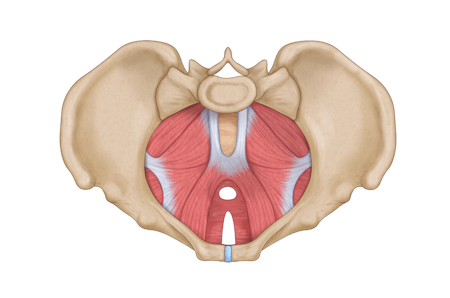ProlapseHealthProlapse
Pelvic organ prolapse is very common and affects 50% of women. It does not always get worse and in most cases with pelvic floor physiotherapy, can even get better.
Pelvic Floor
“A boat in the water” analogy. The boat = prolapse, the water = pelvic floor. A weak pelvic floor is like a boat at low tide. A strong pelvic floor is like a boat at high tide. When the pelvic floor muscles are strong, they are able to lift the prolapse, in the vagina. When the pelvic floor muscles are weak, the prolapse sinks down into the vagina.
Following an internal exam, your pelvic floor physiotherapist will be able to tell you the state of your pelvic floor. If your pelvic floor is weak and not providing sufficient support to the pelvic organs, your pelvic floor physiotherapist may instruct you in how to perform a kegel. Kegel exercises may be given to reduce a current prolapse, or to deter prolapse from occurring in the first place.
Up to 50% of women perform kegels incorrectly, so if you have read about the importance of kegels but have not found them to be effective, give them another chance! A pelvic floor physiotherapist will instruct you in how to find the right muscles by internally palpating the pelvic floor and teaching you how to perform a kegel. This follows the Society of Obstetricians and Gynecologists of Canada clinical guidelines and is the only way to effectively teach women how to contract their pelvic floor to perform a kegel.
In one Study, researchers have shown pelvic floor physiotherapy to be effective for prolapse in the following ways:
1) 74% of the participants felt less vaginal bulging or heaviness
2) 19% saw one full stage of improvement in the severity of their prolapse
3) Improvement in pelvic floor muscle strength and endurance
4) Improvement in bladder and rectum position
There are many things you can do to improve a pelvic organ prolapse. Information out there is frightening and often inaccurate. Conservative care strategies are very effective and pelvic floor physiotherapy is one of your best options to get you on track!
© Lynn Sweeney, Physiotherapist
Bsc. Kin, MPT



